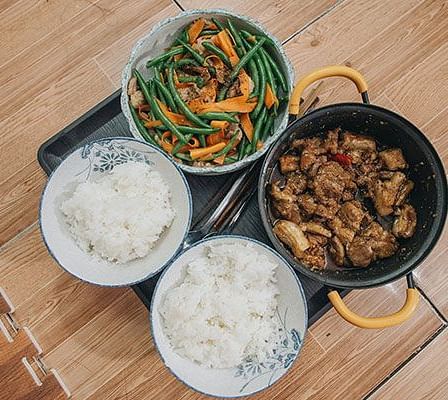
Coorg, a Poem You Can Walk Through
Coorg feels like a place your heart already knows. It’s wrapped in mist, filled with silence, and soft with stories. The air smells of rain and roasted coffee, and every turn in the road feels like it’s leading somewhere that matters. Time moves slowly here, not because it has to, but because it wants to. In Coorg, even the trees seem to remember something; somehow, you do too.
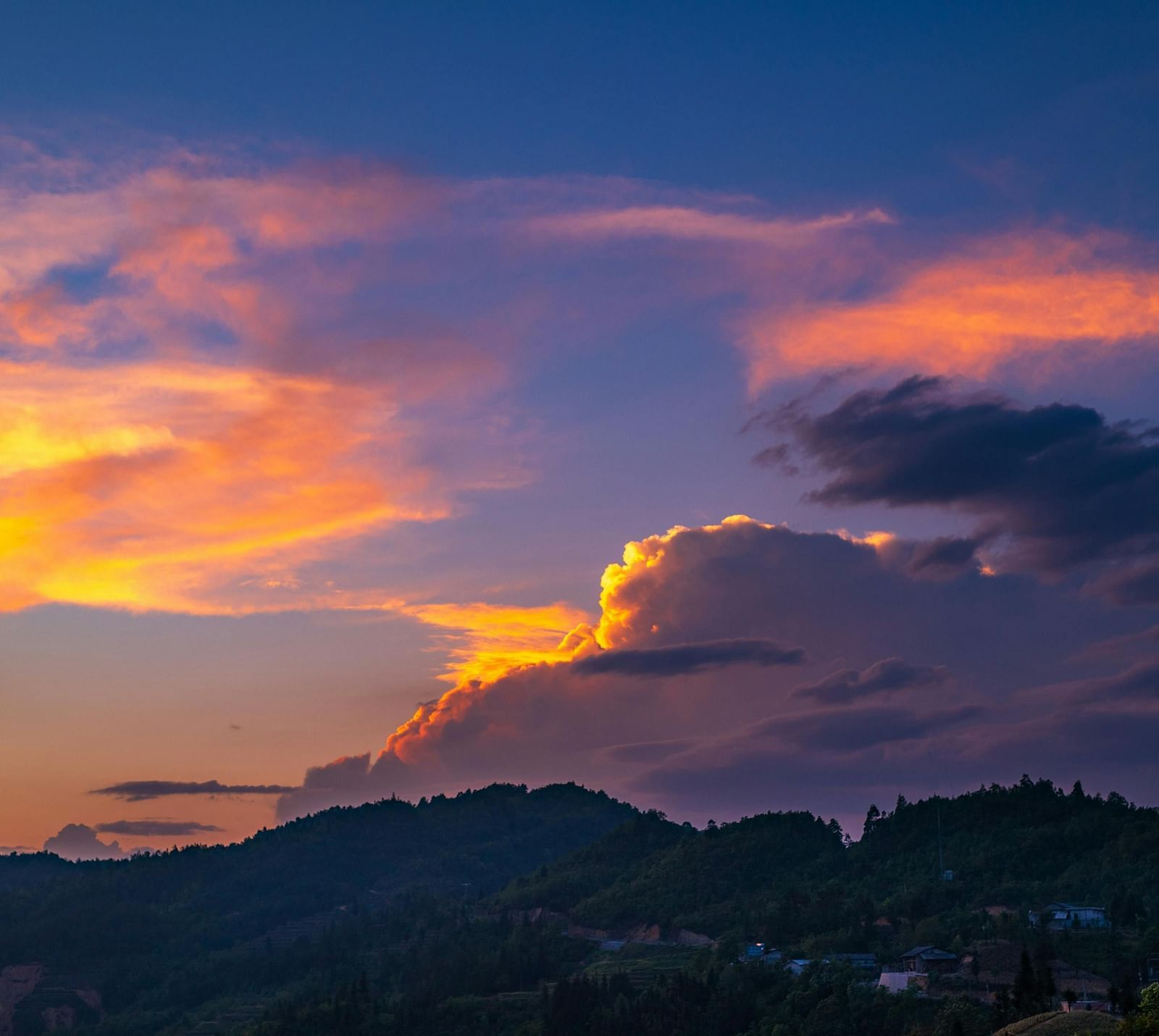
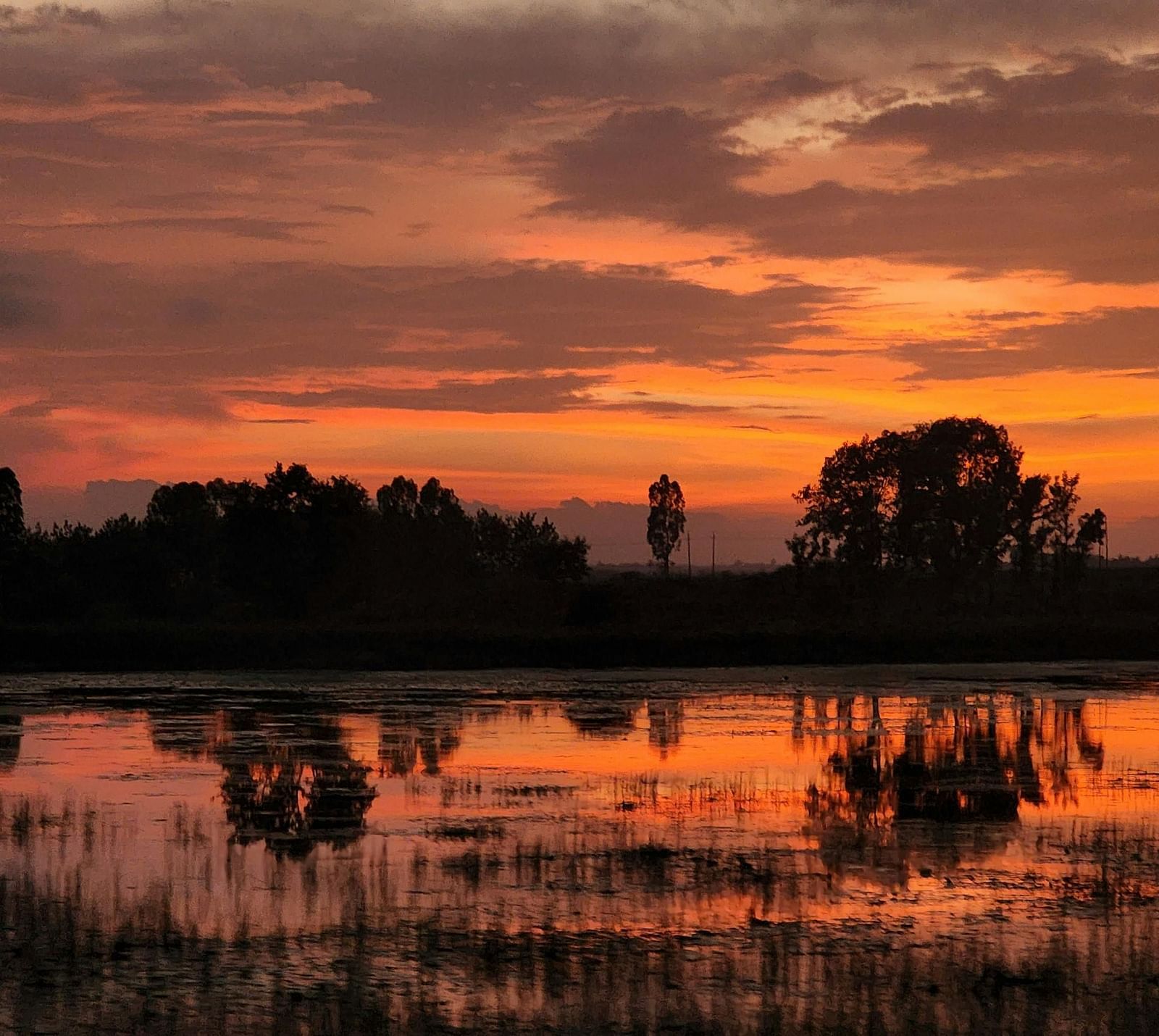
Where Legends Brew and Rivers Remember
Long ago, Coorg was known as Krodadesa, a name that appears in ancient Indian texts and drifted through the misty hills like a forgotten song. It later became Kodavu, then Kodagu, believed to be named after the Kodava people. The word 'Kod' means give, and avva means mother, a nod to Mother Cauvery, one of India’s most sacred rivers, the life force of this land. The Haleri dynasty ruled for generations until the reign of the last king, Chikka Veerarajendra, who lost the trust of his people. In 1834, a local general named Apparanda Bopanna, whose ancestors had once stood against the British, invited them into Coorg and led them to the fort at Mercara, now known as Madikeri. With the arrival of the British came peace, plantations, and the widespread cultivation of coffee. They admired the honesty and sharp aim of the people of Coorg and encouraged them to join the British Indian Army. After independence in 1947, Coorg became a Part C state until 1956, when it merged with Karnataka. Even today, the legacy remains, in the scent of coffee, in the rhythm of tradition, and in the spirit of a land that remembers everything.
The Heartbeat of Coffee and Spice
Coorg, the 'Coffee Cup of India', holds this title like a crown, a fragrant promise in every sip. The air is thick with the scent of Arabicas and Robustas, where the hills breathe out the aroma of the world’s finest beans. Monsoon-fed, shade-grown under the giants - Rosewood, Wild Fig, and Jackfruit trees, these slopes aren’t just farms, they’re ecosystems, alive with the chatter of birds and the rustle of the Giant Malabar Squirrel. In February, the hills bloom with snow-white coffee flowers, filling the air with the season’s first kiss. By November, the hills wear ruby red coffee cherries, ready to brew the dreams of the land. In 1854, John Fowler planted the first estate, and soon, every Coorg family grew a cup of the world’s joy, nurtured by the land, the rain, and the soul of this place. But Coorg doesn’t just wake up to coffee, it wakes up to the spice-rich past of the Malabar Coast. Pepper, cardamom, cloves, kokum - the treasures of the ancient spice route grow wild here, with Coorg pepper standing tall as the world’s finest, climbing around trees like green pillars reaching for the sky.


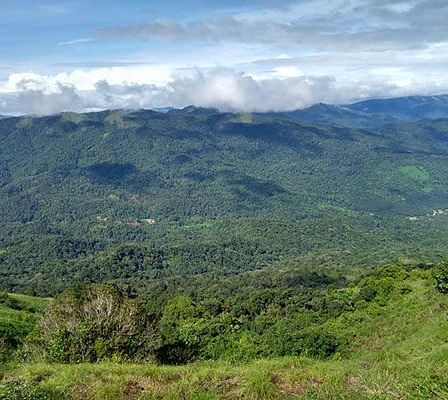
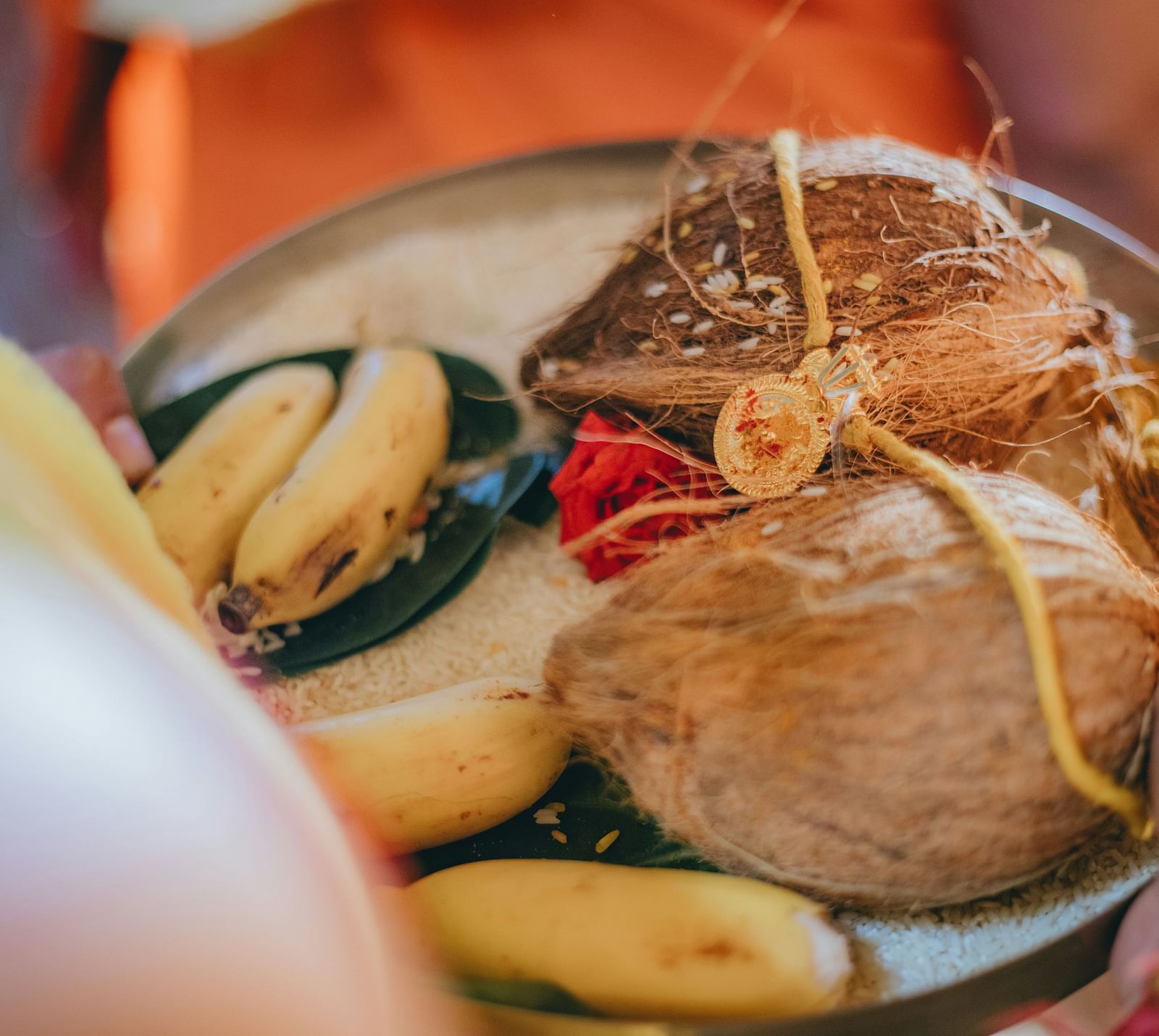
Where Tradition Meets the Warrior Spirit
The Kodavas are a people shaped by their roots, their identity as deep as the land they inhabit. Their culture flows through time like the rivers that carve the hills, distinct, unyielding, and fiercely proud. Each name tells a story of ancient clans, of ties that stretch back through generations. To be Kodava is to be part of something much larger than yourself, where family is not just blood but history. Their ceremonies are not dictated by priests but by their elders, creating rituals that echo with the weight of their own beliefs. The fire gods and Vedic chants may not fill their rituals, but in their hearts, the spirit of the warrior burns brighter. For the Kodava people, every moment is marked by strength and honour. Born in the shadow of warriors, they raised their children to embrace adventure with open arms. A gunshot once announced the birth of a son, for it was believed that they were destined to be soldiers. In every Kodava heart, there lies the call of the wild, the spirit that drives them into the armed forces or the forest to chase the call of the unknown. And their food? It’s as bold and rich as their history. With every bite of Pandi curry and Kadumbuttu, you taste the stories of the land, stories of strength, survival, and celebration. At their weddings, battles are fought with Coorg swords, and the harvest festival bursts with joy as gunshots echo in the night sky, marking the season of abundance. Coorg is not just a place; it’s a living, breathing story, where strength, family, and the warrior spirit come together to create something timeless.
Kodagu: A Symphony of Hills and Rivers
In the heart of the Western Ghats, Kodagu, or Coorg, unfolds like a green paradise. A land where mist hugs the hills, and the rivers hum ancient songs. Madikeri, the soul of this enchanting place, rests beneath towering peaks like Tadiandamol, the sky kissing its height. The mighty Cauvery whispers its tale from Talakaveri, threading its way through the lush, fertile land. With cool winds that carry the scent of earth and rain, Kodagu welcomes all who seek the magic of nature’s embrace.
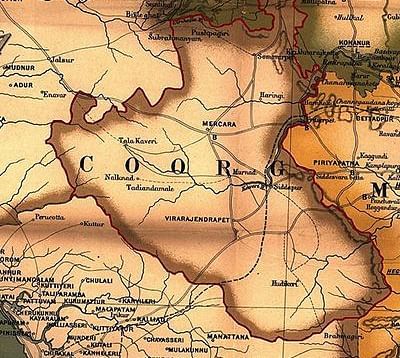
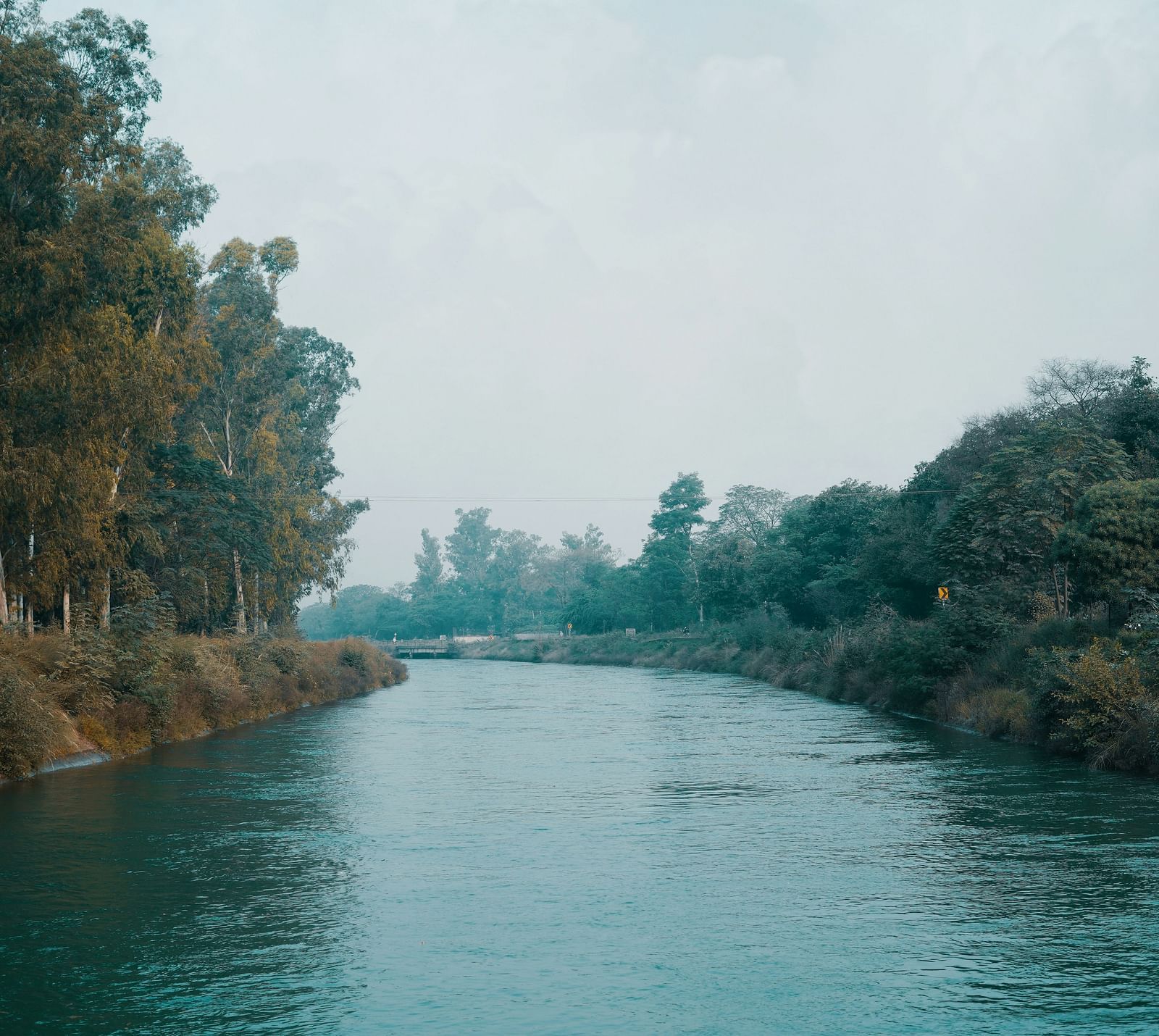
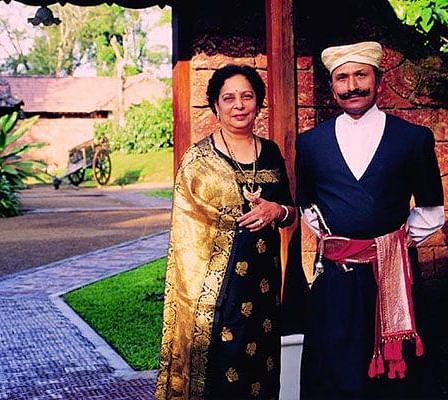
The People of Kodagu: A Tapestry of Legends and Heritage
In the hills of Kodagu, the Kodavas, fierce warriors with roots dating back to the 2nd century AD, carry centuries of history within them. Alongside them, the Gowdas, once border scouts, now cultivate the land, while the Yeravas and Kurubas breathe life into coffee estates and forests. Over time, other communities like the Moplahs, Konkanis, and Lingayats have woven their own stories into the fabric of Coorg, creating a vibrant mosaic. Together, they form a people bound by the land, its legends, and an enduring spirit. Despite their diverse origins, these communities share a deep connection to the land, nature, and the traditions passed down through generations. Their harmony with the environment and each other echoes in the rhythm of daily life, from the fields to the forests. In every corner of Kodagu, there’s a story waiting to be heard, an ancient narrative of resilience and unity.
The Flavours of Coorg
Coorg's cuisine is a poetic dance of flavours, where every bite tells a story. At a Kodava wedding, the air hums with the rich aroma of Pandi Curry, tender pork steeped in the tangy warmth of Kachampuli, a black vinegar that carries the essence of the wild hills. Rice, the soul of every meal, is transformed into soft Akki Rotti or steamed Nooputtu, whispers of the land that cradle the spirit. Paaputtu, sweetened with coconut and sugar, is a morning song that carries the warmth of the region. The heart of the meal beats in fiery curries, where pork, chicken, and mutton mingle with coconut, chillies, and cumin, creating an earthy symphony of spice. Tangy pumpkin curry, bamboo shoots, and wild mushrooms echo the rugged beauty of Coorg’s forests. For the vegetarians, dishes like Kaad Maange, a wild mango curry, and Chekke, made from raw jackfruit, sing their own quiet song, each bite an intimate taste of the land’s timeless traditions.
